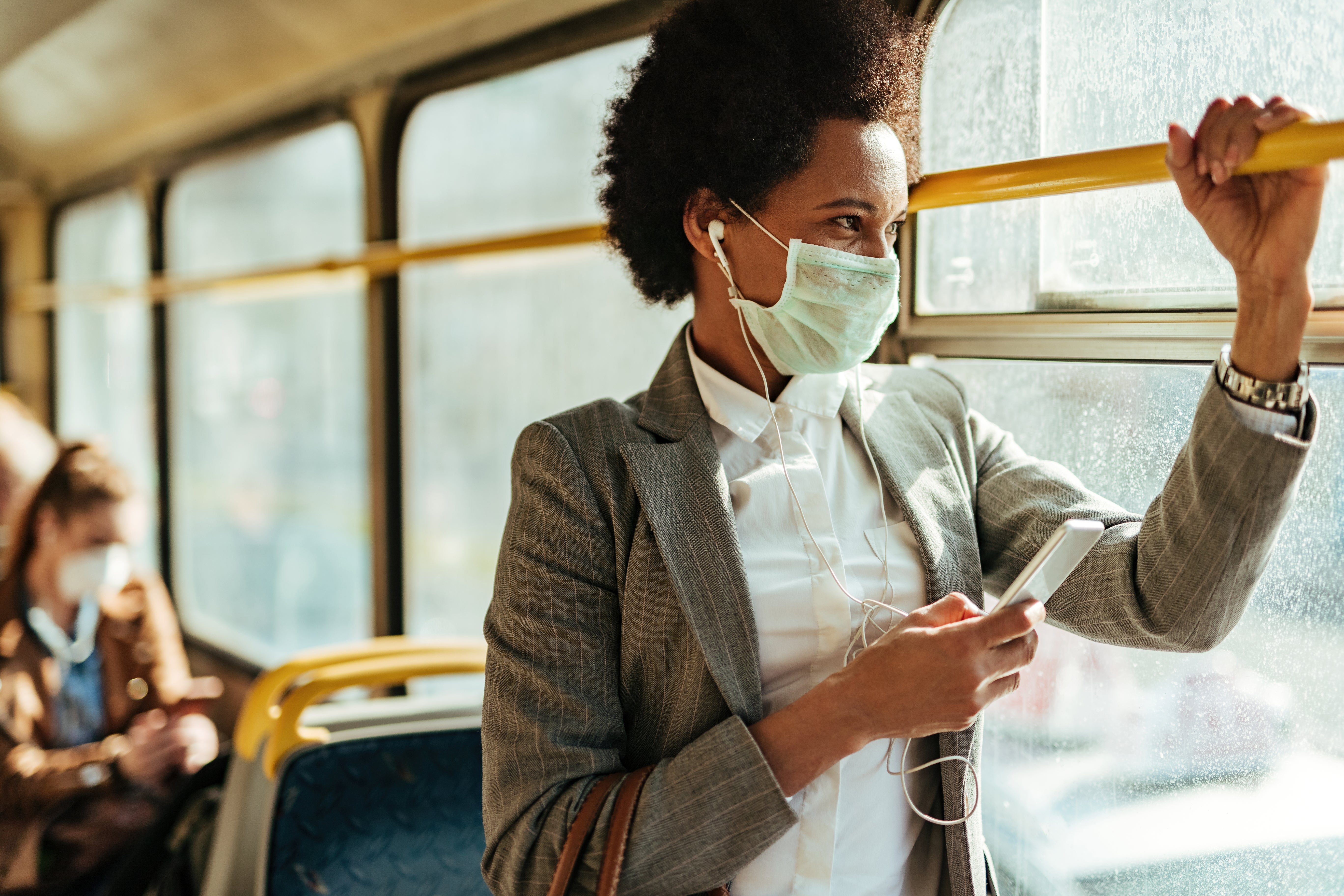What to do if you’re suffering from back-to-work commuter anxiety
Got the Sunday blues bad? Plenty of people are feeling uneasy about returning to the office.

Your support helps us to tell the story
From reproductive rights to climate change to Big Tech, The Independent is on the ground when the story is developing. Whether it's investigating the financials of Elon Musk's pro-Trump PAC or producing our latest documentary, 'The A Word', which shines a light on the American women fighting for reproductive rights, we know how important it is to parse out the facts from the messaging.
At such a critical moment in US history, we need reporters on the ground. Your donation allows us to keep sending journalists to speak to both sides of the story.
The Independent is trusted by Americans across the entire political spectrum. And unlike many other quality news outlets, we choose not to lock Americans out of our reporting and analysis with paywalls. We believe quality journalism should be available to everyone, paid for by those who can afford it.
Your support makes all the difference.The prospect of heading back into work – even if it’s only for a few days a week – is starting to grow ever nearer for those of us who have been working from home for the last year.
Many are already back to the commute, but after a significant amount of time away from trains, buses and trams – let alone during full-on rush hour – just the idea of the daily commute can be overwhelming. And feeling reluctant or anxious about returning to ‘normal’ isn’t surprising.
“Research shows that commuting can trigger a stress response, raising anxiety levels and blood pressure, and even lead to comfort-seeking behaviours such as emotional eating,” says Dr Meg Arroll, chartered psychologist on behalf of Healthspan.
She explains that many factors involved with commuting, such as being in uncomfortably close proximity to others, journey delays and worries about the anti-social behaviour of other passengers, can all trigger a sense of threat that raises levels of the stress hormones adrenaline and cortisol in the body.
“Studies find that anxiety, in general, is higher on public transport when compared to using personal vehicles, and this is most likely a result of the fact the ability to control the situation or ‘escape’ is hampered on a busy train or bus,” Arroll explains.
Having a commuter freak-out, whether visible or not, is never pleasant, but thankfully there are strategies you can employ to take charge of the problem. “My main tip is to always carry a bottle of water with you,” reveals Arroll. “Often, the unpleasantly hot and stuffy temperatures of tubes trains and coaches make a sense of being trapped much worse, and they play into an anxiety loop.”
She’s also a fan of distraction techniques, such as listening to music, escapist podcasts or books, although if you’re really feeling nervous, you might struggle to concentrate on a plotline.
If this is the case, Arroll suggests utilising your commute to practice mindfulness, listening to meditations you can follow-along with while sat on a bus or train.
“If you feel commuting anxiety is becoming overwhelming, diaphragmatic breathing techniques can halt the stress response (raised heart rate, shaking, headaches) by engaging your parasympathetic nervous system,” says Arroll.
The parasympathetic nervous system is a part of the body that, when activated, can produce a calm, relaxed feeling – basically the opposite to the ‘fight or flight’ we feel when we’re stressed.
Diaphragmatic breathing, or deep breathing, is breathing that’s done by contracting the diaphragm and breathing into the belly, rather than the chest.
“Practicing breathing techniques regularly is a great thing to do, even when you’re not commuting, so if a sense of panic does eventually strike, you’ll have the tools to be able to override your body’s innate physiological response.”
That said, if your commute is truly making you anxious every day to the point where you feel completely overwhelmed or you’re experiencing panic attacks, it might be time to check in with a doctor to see if they can help you.
Plus, you could also speak to your employer about continuing to work from home, or at the very least, travelling into the office outside of peak times.